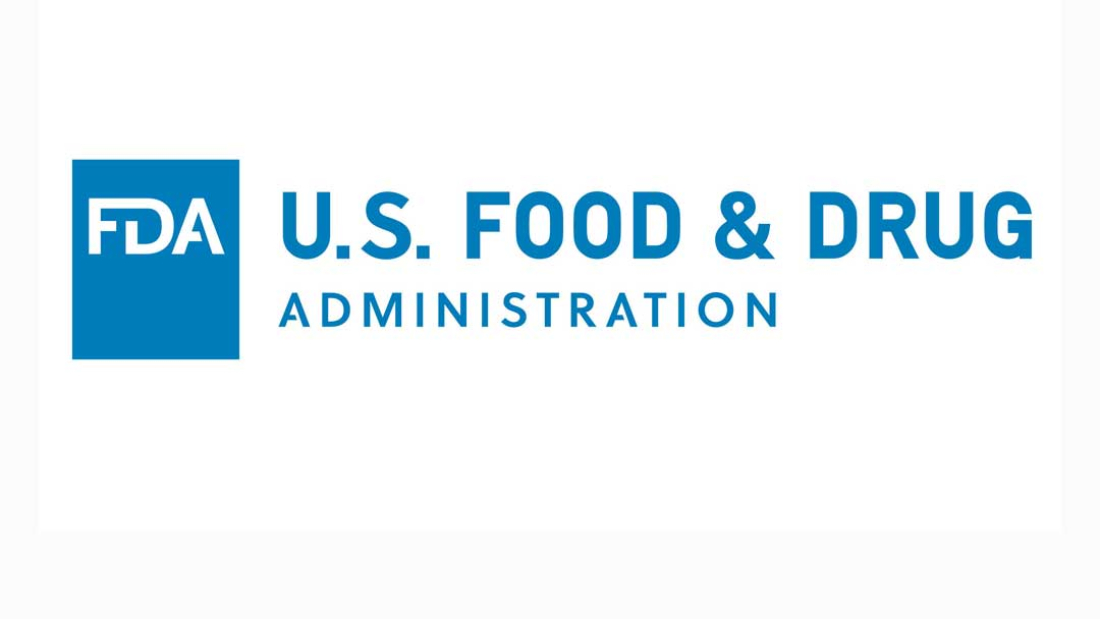Federal health experts have unanimously endorsed a Novartis drug which is expected to become the first lower-cost copy of a biotech drug to reach the U.S. market. A panel of Food and Drug Administration experts ruled that the company’s version of Neupogen is highly similar to Amgen’s original blockbuster biosimilar drugs, which is used to boost blood cells that help cancer patients fight off infections. The non-binding recommendation likely paves the way for a new market of quasi-generic biotech medicines, capable of generating billions in cost saving for insurers, doctors and patients.
The FDA is slated to make its final decision on the drug, which Novartis would market as Zarxio, in coming months.
Biotech drugs are powerful, injected medicines produced in living cells which are typically much more expensive than traditional chemical-based drugs. Many newer biotech drugs cost more than $100,000 per year and together they account for nearly 30% of all U.S. drug spending. They have never faced generic competition in the U.S. because for decades the FDA lacked authority to approve copies.
That finally changed with the Obama health overhaul of 2010, which ordered the FDA to create a system for approving so-called “biosimilars.” That’s the industry term for generic biotech drugs, used to indicate that they are not exact copies of the original biologic medicines.
The FDA’s panel of cancer experts spent nearly 8 hours Wednesday poring over animal and human data designed to show that Novartis’ drug functions similarly to Amgen’s drug.
“At the end of the day, the panel agrees these are similar compounds in terms of what we’re asking these drugs to do,” said Dr. Deborah Armstrong of Johns Hopkins University, who chaired the group.
Panelists voted 14-0 that Novartis’ drug should be approved for all five uses listed on Neupogen’s prescribing label. The injectable drug, first approved in 1991, had sales of $1.4 billion in 2013.
Express Scripts, the country’s largest prescription benefit manager, estimates the U.S. could save $250 billion over the next decade, if copies of Neupogen and 10 other likely drug candidates hit the market. Other biotech blockbusters expected to face competition include the anti-inflammatory drugs Remicade and Humira and the cancer drugs Herceptin and Avastin.
FDA reviewers said in documents posted Monday that Novartis’ version of Neupogen has no “clinically meaningful differences” in safety, purity or potency from the original Neupogen, known generically as filgrastim, which treats a dangerous decrease in white blood cells common in cancer patients receiving chemotherapy and related treatments.
Novartis has sold its version of Neupogen in Europe under the brand name Zarzio since 2009. The Swiss drugmaker also markets two other biosimilar drugs in about 60 countries around the world.
Under FDA rules, companies seeking to market copies of biotech drugs must submit extensive scientific data to show that their products function similarly to the originals. That’s a higher bar than the one required of traditional generic drugs, which only have to show that they contain the same active ingredient as the original version.
As a result of the additional testing and manufacturing requirements, generic biotech drugs are expected to only cost about a third less than original biologics. That compares to discounts of up to 90% for pill-based generic drugs.
Importantly, pharmacists would not be able to switch patients from original Neupogen to Novartis’ drug, a designation known as “interchangeability” which requires even more clinical data.
“When this drug is approved it will be a separate approval and will not be deemed interchangeable with the innovator product,” said Dan Mendelson, president of Avalere Health consultants.
The FDA is still working on regulations to determine how biosimilars would be marketed, including critical guidance on whether they can use the same ingredient name as the original branded product. Biotech manufacturers want the FDA to require new ingredient names for low-cost biotech drugs to differentiate them from their original products. The FDA has not commented on when it will release its naming guidelines.
Generic biotech drugs have been available in Europe since 2006, where the European Medicines Agency has approved about 20 products. Pharmaceutical consulting firm IMS Health estimates low-cost versions of biotech drugs will account for 4 to 10% of the global $250 billion market for biologics by 2020.
Source: Associated Press
Date: January 8, 2015
SUBSCRIBE TO OUR BLOG IN THE RIGHT SIDEBAR MENU TO RECEIVE OUR DAILY BLOG POST DIRECTLY TO YOUR E-MAIL
SUBSCRIBE TO OUR NEWSLETTER TO RECEIVE A MONTHLY MAIL WITH MORE RELEVANT INDUSTRY AND COMPANY NEWS


Add a Comment